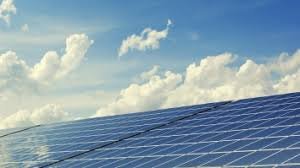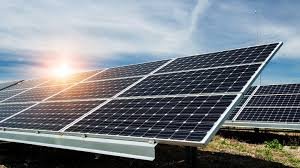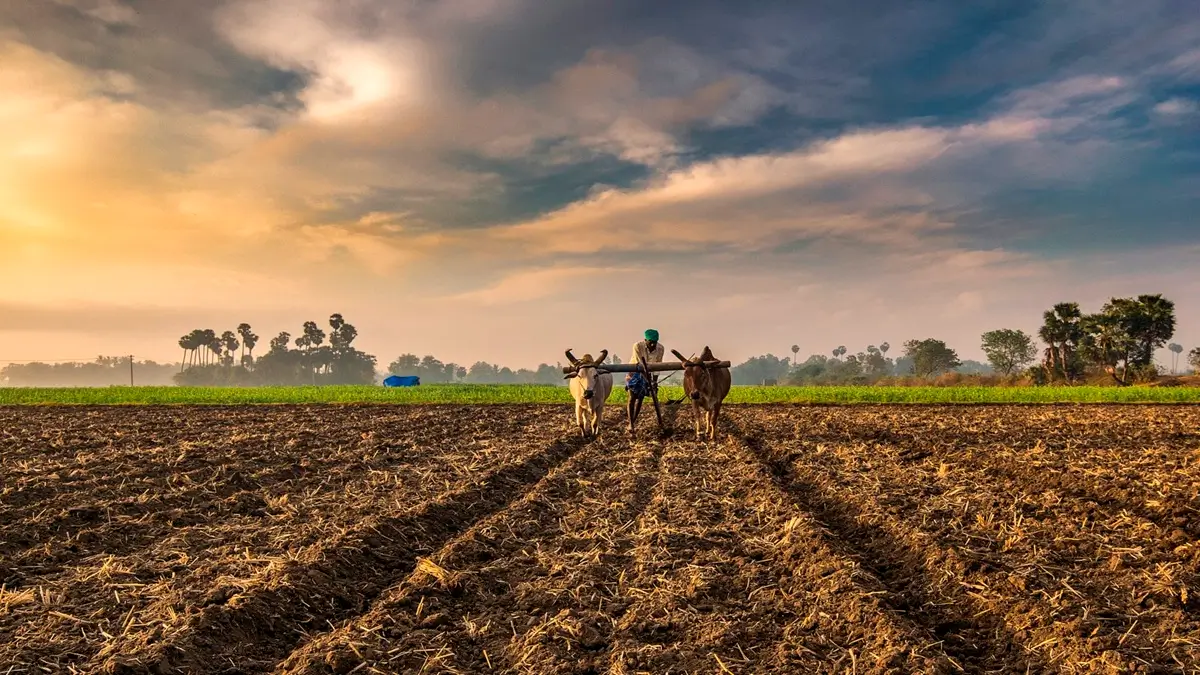IFC Investment in Brookfield’s Bikaner Solar Power Project
Overview of the Investment
The International Finance Corporation (IFC), part of the World Bank Group, has committed $105 million to Brookfield’s Bikaner Solar Power project in Rajasthan. This investment, through non-convertible debentures, aims to bolster renewable energy infrastructure in India. Brookfield’s Bikaner Solar Project, developed by Brookfield Global Transition Fund (BGTF), is set to deliver a total capacity of 550 MW. The project is being executed in two phases, with the first phase of 268 MW commissioned in March 2024, and the second phase expected to add 282 MW, amounting to a total estimated cost of $317 million.
Project Details and Impact
The Bikaner Solar Project is integrated with India’s interstate transmission system and is expected to cut down greenhouse gas emissions by approximately 804,408 tons of CO2 annually. This project will supply green energy through long-term power purchase agreements to commercial and industrial clients, and will also engage in the merchant market via power exchanges. This initiative aligns with India’s goal of achieving 500 GW of non-fossil fuel-based power capacity by 2030, contributing to global climate change mitigation efforts.
IFC’s Role and Objectives
The International Finance Corporation (IFC), established in 1956, supports private sector development in developing countries by investing in equity and debt instruments. IFC’s investment in the Bikaner project underscores its commitment to promoting sustainable economic growth through renewable energy projects. By investing in projects that offer social and environmental benefits, IFC aims to foster job creation, poverty reduction, and climate change mitigation.

Why this News is Important
Significance for Renewable Energy
This investment is crucial as it underscores the growing momentum towards renewable energy adoption in India. With IFC’s financial support, the Bikaner Solar Project will contribute significantly to India’s renewable energy capacity, helping the country meet its ambitious targets.
Economic Growth and Employment
The project is expected to generate employment opportunities, both during the construction and operational phases, thereby supporting local economies. Investments in such infrastructure projects often lead to the development of related industries and services, further boosting economic growth.
Environmental Impact
The project’s aim to reduce CO2 emissions by over 804,000 tons annually highlights its environmental benefits. It aligns with global efforts to combat climate change by promoting cleaner energy sources and reducing reliance on fossil fuels.
Alignment with National Goals
India has set an ambitious target of achieving 500 GW of non-fossil fuel-based power capacity by 2030. The successful execution of the Bikaner project will be a significant step towards achieving this goal, demonstrating the country’s commitment to sustainable development.
Historical Context
Background on IFC
The International Finance Corporation (IFC) was established in 1956 as a member of the World Bank Group, with the primary objective of supporting private sector development in developing countries. IFC provides investment and advisory services to promote economic growth and reduce poverty. Over the years, IFC has invested in numerous projects across various sectors, including infrastructure, financial markets, and renewable energy, to foster sustainable development.
Renewable Energy in India
India has been actively pursuing renewable energy projects to diversify its energy mix and reduce greenhouse gas emissions. The government’s initiatives, such as the National Solar Mission, aim to establish India as a global leader in solar energy. Investments from international organizations like IFC play a pivotal role in achieving these goals by providing the necessary financial support and expertise.
Key Takeaways from IFC Investment in Brookfield’s Bikaner Solar Power Project
| Serial Number | Key Takeaway |
|---|---|
| 1 | IFC has committed $105 million to Brookfield’s Bikaner Solar Power Project in Rajasthan. |
| 2 | The project aims to develop 550 MW of solar power capacity, reducing CO2 emissions by 804,408 tons annually. |
| 3 | The investment supports India’s goal of achieving 500 GW of non-fossil fuel-based power capacity by 2030. |
| 4 | IFC’s investment underscores its commitment to promoting sustainable economic growth through renewable energy projects. |
| 5 | The project will create employment opportunities and support local economies while contributing to global climate change mitigation efforts. |
Important FAQs for Students from this News
1. What is the total capacity of the Brookfield’s Bikaner Solar Power Project?
The total capacity of the Brookfield’s Bikaner Solar Power Project is 550 MW.
2. How much has IFC invested in the Bikaner Solar Power Project?
IFC has invested $105 million in the Bikaner Solar Power Project.
3. What is the expected annual reduction in CO2 emissions from the project?
The project is expected to reduce CO2 emissions by approximately 804,408 tons annually.
4. When was the first phase of the Bikaner Solar Project commissioned?
The first phase of the Bikaner Solar Project, with a capacity of 268 MW, was commissioned in March 2024.
5. What are the long-term benefits of this project for India?
The long-term benefits include contributing to India’s goal of 500 GW of non-fossil fuel-based power capacity by 2030, reducing greenhouse gas emissions, and supporting economic growth through job creation and infrastructure development.
Some Important Current Affairs Links

















